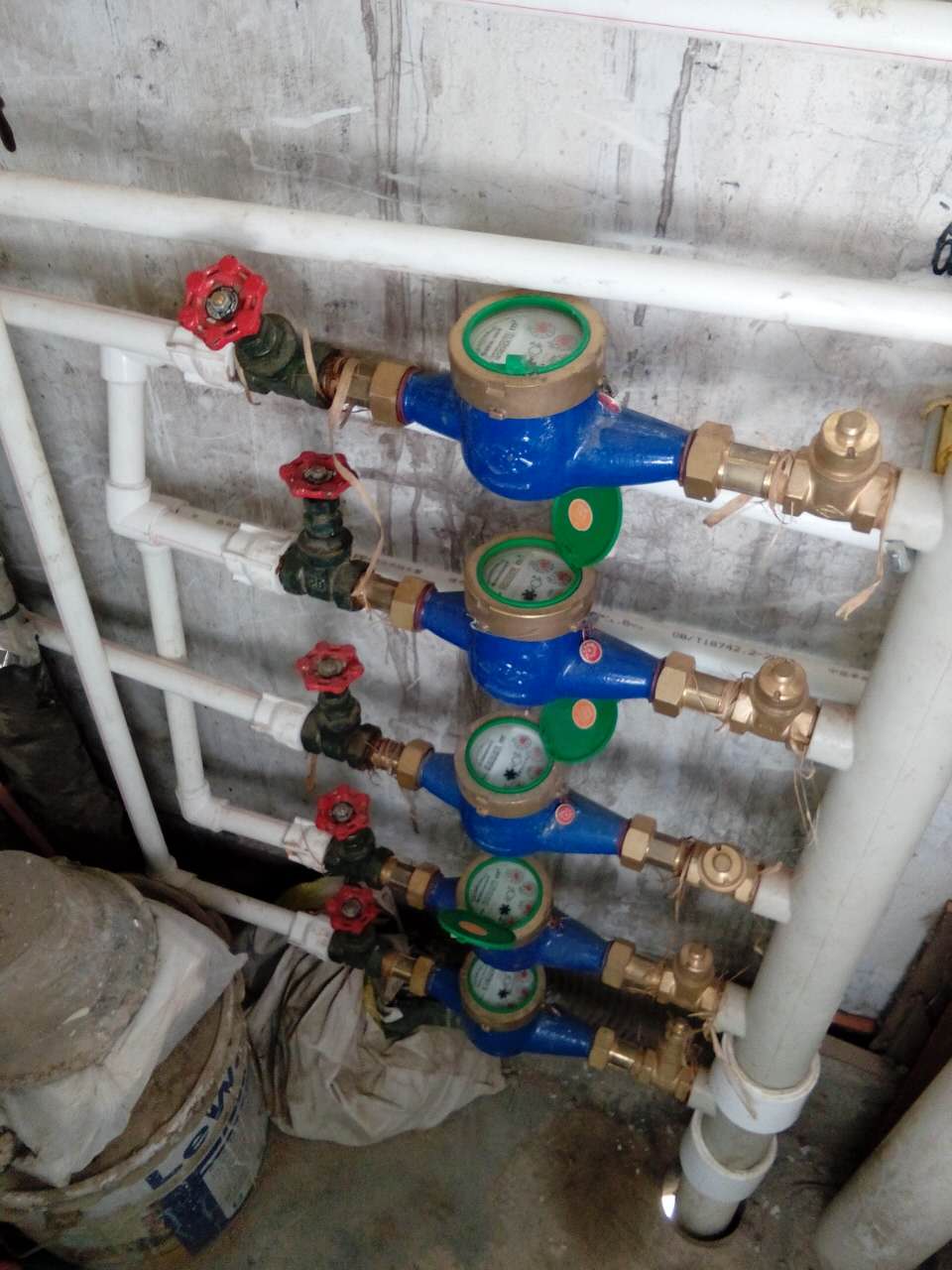Water Inspectability: The Post-war Hong Kong’s Separate Water Metering

This is a hybrid seminar.
To register for in-person attendance at SHHK Conference Room (SHHK Level 5), register here: https://wis.ntu.edu.sg/pls/webexe88/REGISTER_NTU.REGISTER?EVENT_ID=OA23012711211870
To register for Zoom attendance, register here: https://ntu-sg.zoom.us/meeting/register/tZcqcOmpqTgtHdTrJTkwh6P5fArTdvWYaTkk
Hong Kong’s first three decades of post-war period had suffered a lot from a series of water shortages. Rich existing literatures have discussed how the British Hong Kong regime managed the troubling water conditions through excavations of additional water sources. Yet, it was impossible to address the water crises without attending to the water demand. This seminar explores how the post-war Hong Kong’s water conditions was remedied through demand-side manoeuvres by configuring a ‘water inspectability’ through the separate water metering. Introduced on 1st April 1965, separate water meters for individual units were made compulsory for all private tenements built onwards. It is believed that the sperate water metering aimed at the lower-middle income Chinese residents in the urban Hong Kong. Considering the separate water metering as a reconfigured form of inspection, this paper argues that it turned the once uncountable water countable by improving both the lays’ and the authorities’ visibility of water usage and tangiblising the notion of ‘save water’. Besides, it suggests that the obscurity that integral to this inspectability provoked a self-scrutiny subjectivity, shedding a new light on the inextricabilities of technologies and subjectivity.
Bio:
Siu-hei Lai is a sociocultural anthropologist and currently a Postdoctoral Research Fellow at Nanyang Technological University, Singapore. His PhD thesis examines migration and aspirations of Yunnanese youth in the Thai-Burmese borderland based on a year-long intensive ethnographic fieldwork in the uphill Chiang Rai, Thailand. He is preparing a monograph entitled Aspirations on the Move based on his doctoral project. Broadly speaking, he is interested in migration, aspirations, ethnicity, borderlands and political citizenships in Mainland Southeast Asia and Hong Kong. Prior to NTU, he has lectured at the Chinese University of Hong Kong, teaching a number of course for undergraduate and postgraduate anthropology students, such as cultures of Chinese overseas and business anthropology.














/enri-thumbnails/careeropportunities1f0caf1c-a12d-479c-be7c-3c04e085c617.tmb-mega-menu.jpg?Culture=en&sfvrsn=d7261e3b_1)

/cradle-thumbnails/research-capabilities1516d0ba63aa44f0b4ee77a8c05263b2.tmb-mega-menu.jpg?Culture=en&sfvrsn=1bc94f8_1)
